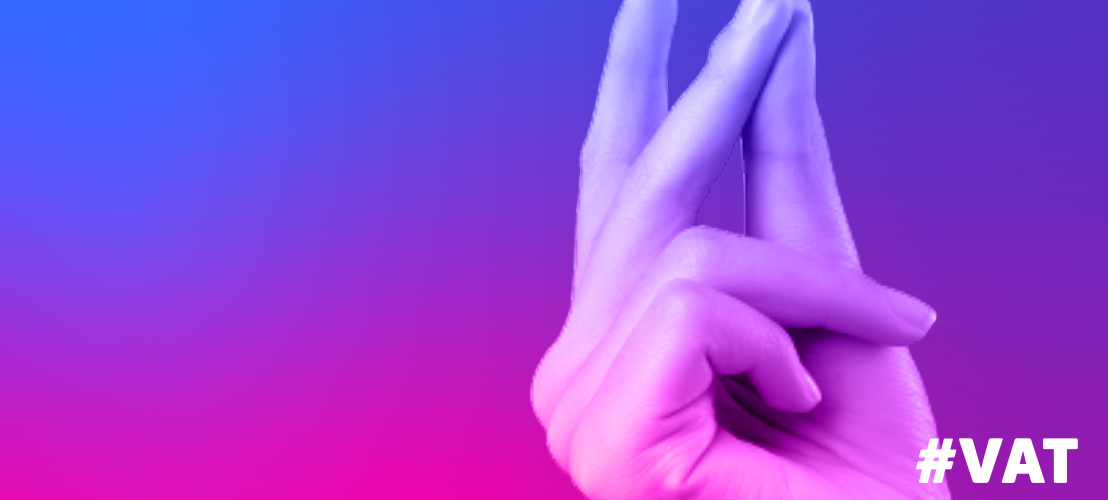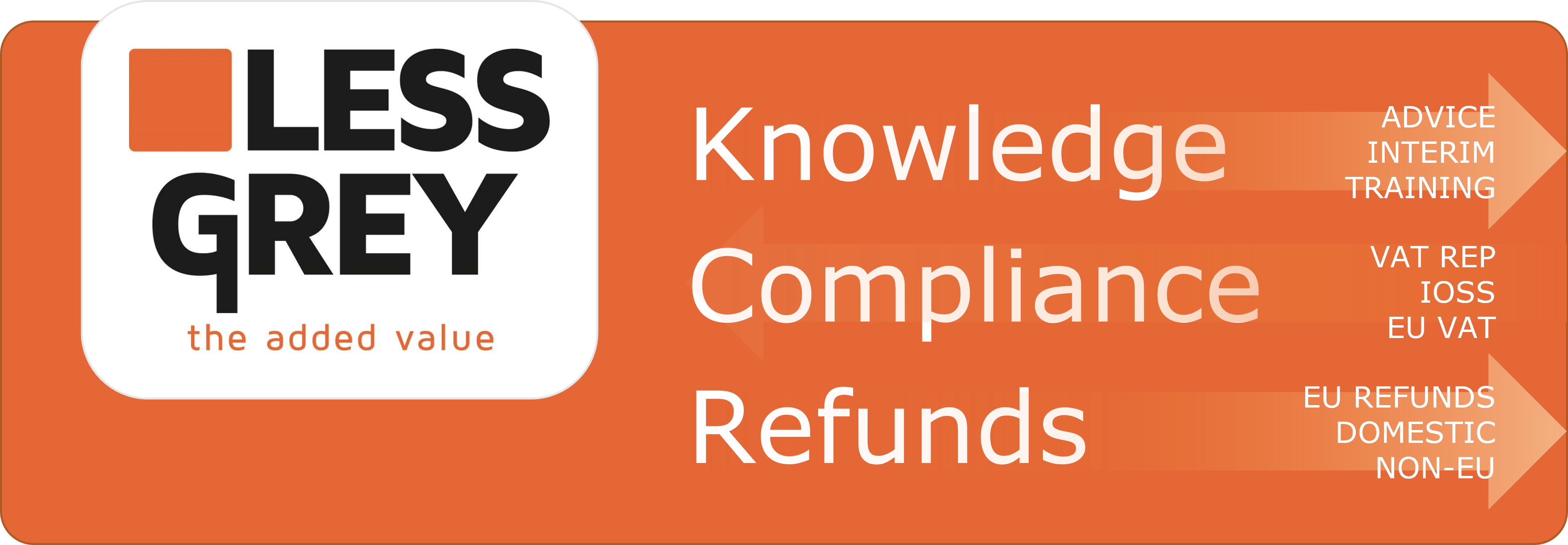The Belgian Presidency has made VIDA a priority and is aiming for an agreement on the entire proposal.
The Netherlands supports the Commission’s initiative to modernize the VAT system and bring it in line with the developments of the digital economy, without this leading to an unnecessary increase in administrative and enforcement burdens for businesses and the Tax Authorities. The Netherlands also recognizes the importance of modernizing and harmonizing (European and national) VAT legislation that is outdated in some respects, in order to reduce the administrative burden, close the VAT gap and fight fraud more effectively. The Netherlands’ position in the negotiations is focused on harmonization, preventing unnecessary administrative burdens for businesses and enforcement burdens for the Tax Authorities, data security and sufficient time for implementation. At the request of the Netherlands and other Member States, the implementation dates for all three components of the proposal have been postponed in the current compromise texts so that taxpayers and tax authorities have sufficient time for implementation.
With regard to component (1) on digital reporting obligations and e-invoicing, Member States that already have a domestic system for reporting obligations and e-invoices have been granted a longer transition period to bring their systems in line with the new European system for digital reporting obligations and e-invoices. Although the Netherlands would have liked to see this transition period shorter, the Netherlands can accept the proposed transition period in the context of the compromise. From July 2030, Member States will then be obliged to accept the European standard for reporting and e-invoicing for intra-Community transactions.
Although the package could have been more ambitious for the Netherlands in terms of reducing administrative burdens, it is important for the Netherlands that a compromise seems to have been found. The alternative scenario, in which Member States do not reach an agreement and each introduce their own system of electronic invoicing and digital reporting in the coming years with different procedures and conditions, would further increase the administrative burden for businesses. Finally, with regard to this component, the Netherlands welcomes the concrete changes to the VIDA package that are the result of the Netherlands’ efforts in the field of data security. By restricting access to sensitive data to those who need it and keeping track of requests for this data, it can be concretely monitored which data is requested and by whom, which promotes the security of that data.
With regard to the platform fiction (2), the Netherlands has, with a view to harmonization, advocated, among other things, for a platform fiction that is mandatory under the same conditions in all Member States. The current compromise text gives Member States the necessary flexibility in applying the platform fiction when it comes to whether or not short-term accommodation rental is involved. In addition, Member States are given the possibility to exclude short-term accommodation rental and/or passenger transport services provided via a platform by taxpayers who use a special scheme for small businesses from the platform fiction. Although the Netherlands would have liked to see more harmonization, the Netherlands can agree to the current proposal for the sake of the compromise – also in the light of reaching an agreement on the entire package. An important argument for the Netherlands here is that it still gives Member States the possibility to introduce a platform fiction for the aforementioned sectors.
In the field of the single VAT registration (3), it was decided to remove the sub-component on the Import-One-Stop-Shop (IOSS) from the VIDA package and to discuss it further in the broader negotiations on the new Customs Code. Although the Netherlands is in principle positive about a mandatory IOSS, it became clear that this is not feasible because the operation had not yet been fully crystallized. For this reason, this sub-component is being transferred to the negotiations on the new Customs Code.
The Netherlands intends to agree to the three texts before it.
In principle, all Member States support the objectives of the proposal, with the exception of one Member State. One Member State is fundamentally opposed to the platform fiction and advocates splitting the package so that the other parts of the VIDA package are not held up while further negotiations are taking place on the platform fiction. This Member State states that the platform fiction entails too much administrative burden.
Source: open.overheid.nl
Note that this post was (partially) written with the help of AI. It is always useful to review the original source material, and where needed to obtain (local) advice from a specialist.















